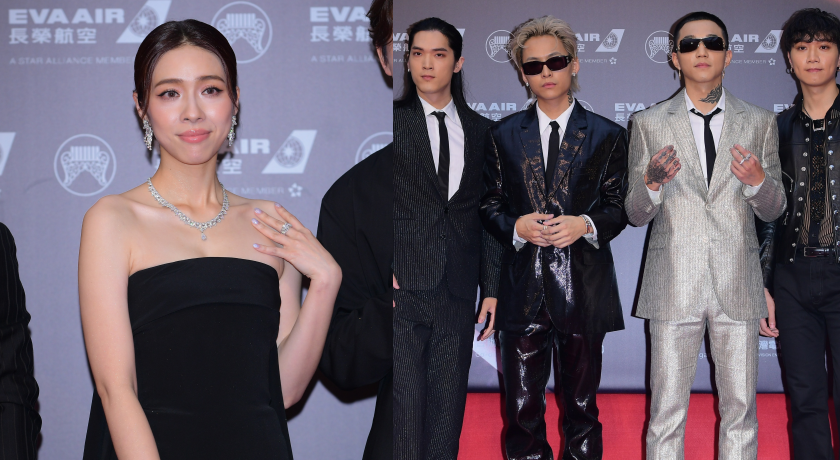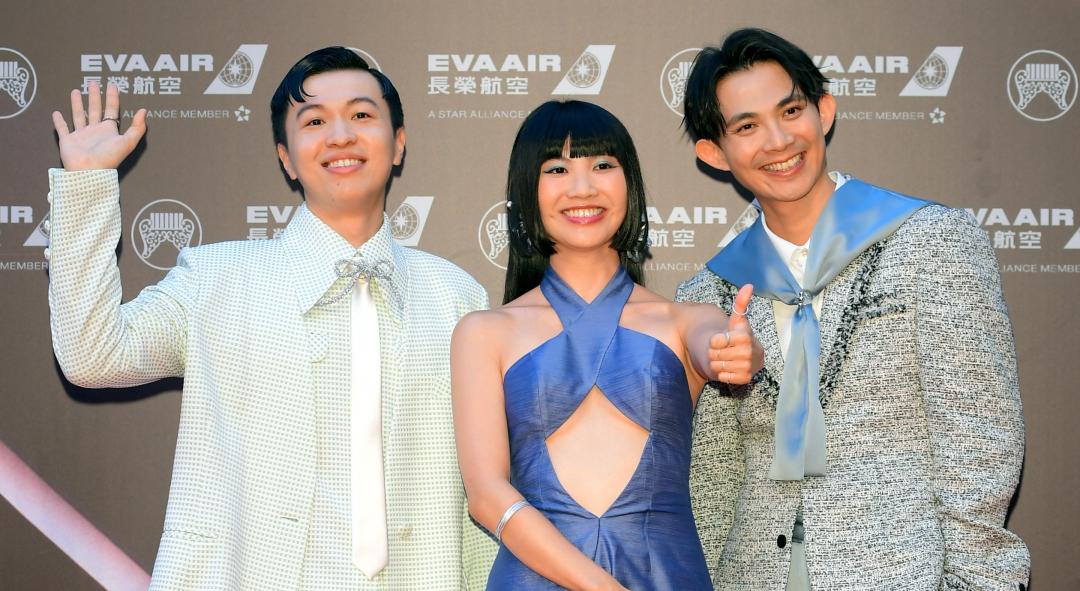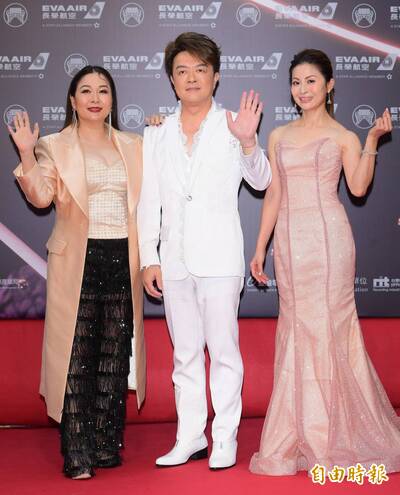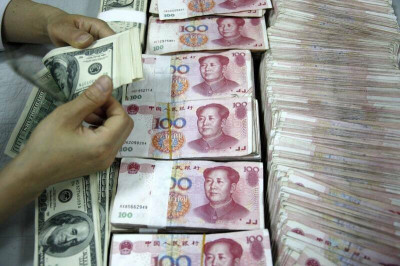《TAIPEI TIMES 焦點》 Japanese food ban to be lifted gradually: premier
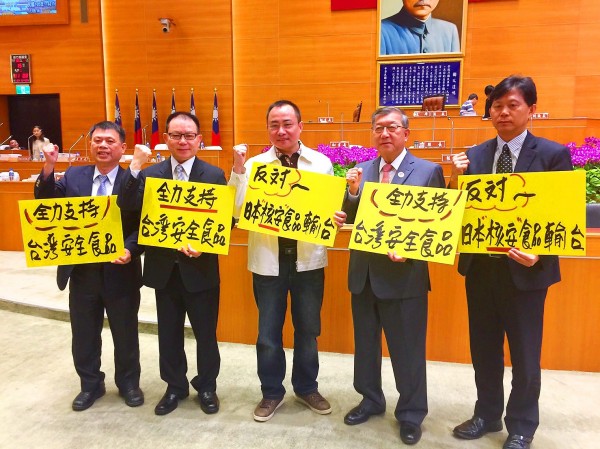
Hsinchu County Commissioner Chiu Ching-chun and councilors in the chamber of Hsinchu County Council yesterday hold signs supporting a continued ban on food imports from northeast Japan while supporting consumption of Taiwanese food products. Photo: Tsai Meng-shang, Taipei Times
OPINIONS WELCOME: Lin said more public hearings would be held, after the first 10 ended in chaos, but did not specify how many or when they would occur
By Chen Wei-han / Staff reporter
Premier Lin Chuan (林全) yesterday reaffirmed the government’s plan to lift a ban on Japanese food products from five radiation-affected prefectures, saying that the deregulation would be carried out scientifically and gradually, while confirming that extra public hearings are planned after the 10 held over the weekend and on Monday ended in chaos due to protesters’ interference.
Taiwan and China are the only two nations that maintain a ban on food imports from the Japanese prefectures of Fukushima, Ibaraki, Tochigi, Gunma and Chiba, but Taiwan has to adopt a scientific approach to the food safety issue, as the ban creates an unfair trading environment, Lin said on Monday during a televised interview.
“Scientifically speaking, if the products pose no health risk, should we not reopen [imports of banned Japanese food] like other nations?” Lin said. “From a free trade perspective, it is absolutely unreasonable to prohibit products that are not radioactively contaminated.”
The nation has suspended food imports from the five prefectures since the Fukushima Dai-ichi nuclear power plant disaster in March 2011.
Lin said that the ban would be lifted partially and conditionally, as food products from Fukushima Prefecture are to remain banned and products from Ibaraki, Tochigi, Gunma and Chiba are to be allowed conditionally, while aquatic products and wild mushrooms from those prefectures would remain prohibited.
Produce from the Ibaraki, Tochigi, Gunma and Chiba have been collectively and mistakenly described as radioactively contaminated, Lin said, likening the prefectures to Changhua and Miaoli counties’ proximity to nuclear power plants in New Taipei City.
The government will not lift the ban on products considered to be risky to consumers, even if they are allowed to circulate in Japan, such as foods that are prohibited for people younger than 18 due to high radioactivity.
“Our standards will only be stricter, not more relaxed, than those of Japan,” Lin said.
Lin’s remarks were aimed at easing public concern about the proposed lifting of the ban, as the controversy surrounding the issue has escalated, with protesters paralyzing 10 public hearings held by the Cabinet on the issue, while a Democratic Progressive Party (DPP) lawmaker has publicly opposed the proposal.
Lin said he regretted violence at the hearings, adding that the government has not yet finalized a deregulation plan and welcomes the public’s opinions.
“The new government has been dealing with unfair trade [regulations] on Japanese food imports at a gradual pace, but the government does not have to lift the ban now,” Lin said.
The Japanese government complained about Taiwan’s strict import rules well before the DPP took power in May, and Japanese trade representatives paid him a visit when he was running a DPP think tank, Lin said.
He rejected allegations that the proposed easing was made in exchange for closer economic ties and a meeting between People First Party James Soong (宋楚瑜) and Japanese Prime Minister Shinzo Abe at this weekend’s APEC summit, at which Soong is to represent President Tsai Ing-wen (蔡英文).
“The allegations are too far-fetched, too unrealistic. I have to say that there is no such a thing,” he said.
Lin confirmed that extra public hearings on lifting the ban would be held, but did not specify how many or when they would take place.
Meanwhile, the legislature yesterday failed to reach a consensus on the issue, as DPP lawmakers did not show up for a cross-caucus negotiation.
The Chinese Nationalist Party (KMT) caucus has demanded that a Taiwan-Japan mutual judicial assistance agreement be signed before the ban on food products from Japan’s radiation-affected regions be lifted.
The New Power Party caucus has called for the establishment of a Taiwan-Japan investigation and evaluation team, saying no imports should be allowed before the team presents a comprehensive report to the legislature.
Additional reporting by CNA
新聞來源:TAIPEI TIMES
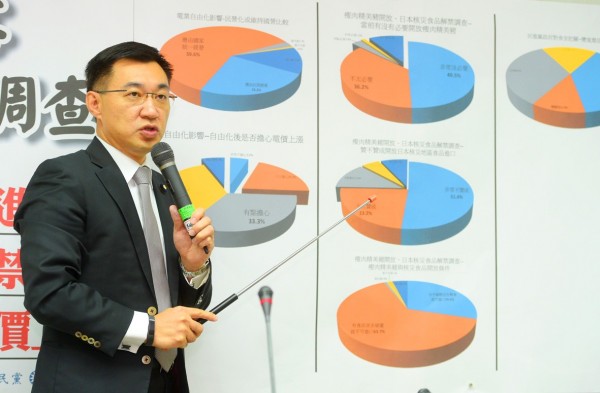
Chinese Nationalist Party (KMT) Legislator Johnny Chiang shows reporters in Taipei yesterday pie charts representing the results of opinion polls about Japanese food imports and other issues that affect people’s daily lives. Photo: Chang Chia-ming, Taipei Times











